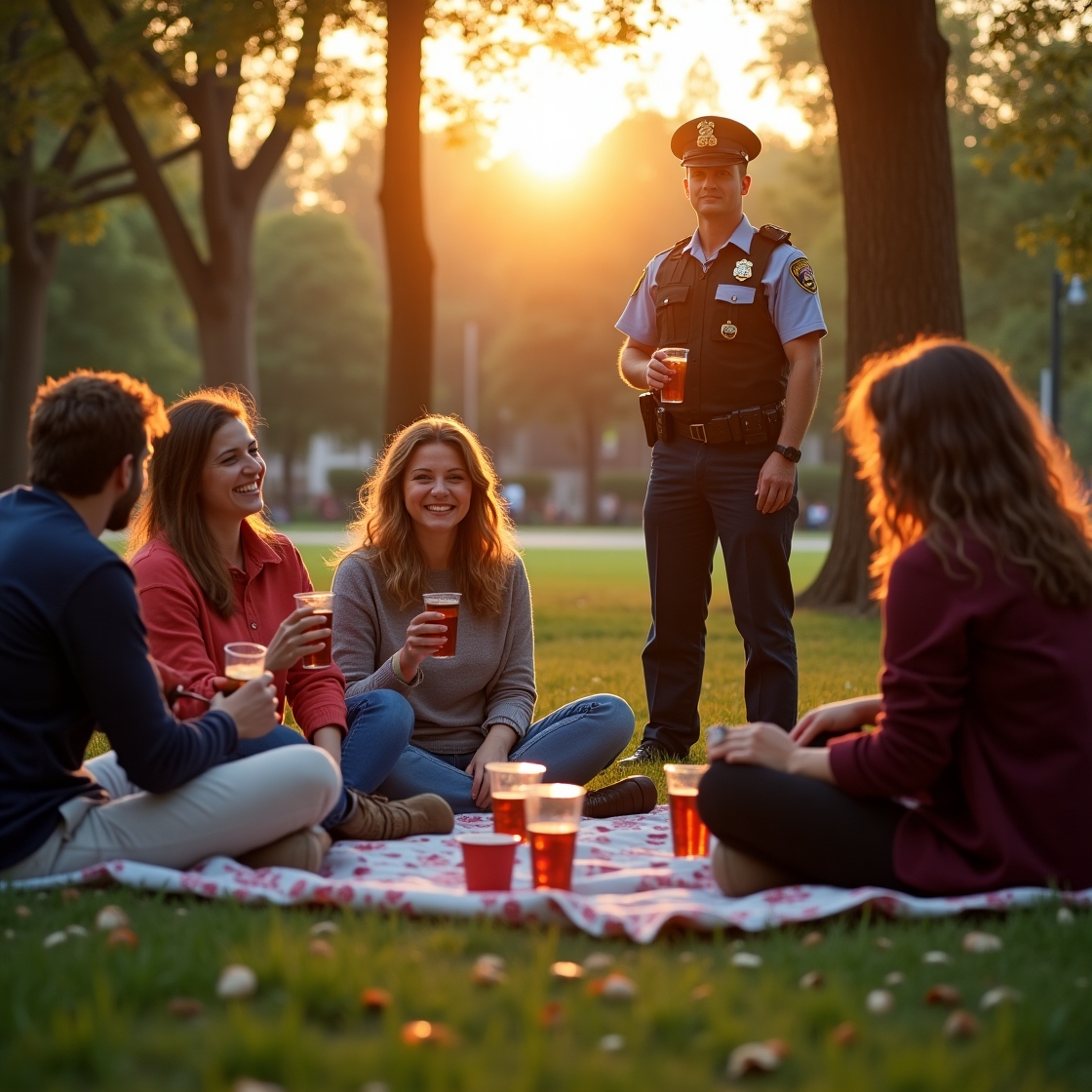Cracking open a cold one in public may seem like a great idea on a sunny day, but in many parts of the United States, it could land you a ticket or even an arrest. Open container laws vary widely by state and even by city, which can make understanding the rules a bit tricky. Let’s break down where you can and can’t legally drink alcohol in public, and what the consequences might be if you get it wrong.
What Are Open Container Laws?
Open container laws regulate where people can possess or consume alcoholic beverages in public. These laws typically make it illegal to have an open bottle, can, or cup of alcohol in:
- Public streets
- Sidewalks
- Parks
- Vehicles
The goal is to limit public intoxication and discourage underage drinking.
States With Strict Open Container Laws
Most states have fairly strict laws prohibiting open containers in public spaces:
- Texas: Open containers are banned in vehicles and most public places.
- Georgia: Drinking in public is generally prohibited unless local law allows it.
- Illinois: Strict statewide ban on public drinking, including Chicago.
- Florida: Most cities do not allow open containers in public.
States and Cities With Looser Rules
Some places have more relaxed attitudes, especially in areas with strong tourism economies:
- Nevada (Las Vegas): The Strip allows open containers (in plastic, not glass).
- Louisiana (New Orleans): Legal to carry alcohol in plastic cups in the French Quarter.
- Georgia (Savannah): Downtown district allows open containers in designated zones.
- Missouri: Some cities permit open container zones, like Kansas City’s Power & Light District.
What Counts as an Open Container?
An “open container” is any bottle, can, or cup that has been opened, has a broken seal, or has had some contents removed. Even a resealed wine bottle or a cup with a lid may count as “open” depending on local laws.
Can You Have Open Alcohol in a Vehicle?
Most states strictly ban open containers in vehicles, even if the driver isn’t drinking. Exceptions include:
- Limos and party buses: Often allowed.
- RVs: Passengers may be able to drink in the living area.
- Open container zones: If you’re parked in one, rules may differ.
Penalties for Violating Open Container Laws
Getting caught with an open container in a prohibited area can result in:
- Fines (typically $50 to $500)
- Confiscation of alcohol
- Arrest for repeat offenders or public intoxication
Exceptions and Special Permits
Cities may allow alcohol in public for specific events, like:
- Street festivals
- Concerts
- Parades
Permits are usually required and must be approved by local authorities.
Tips to Stay Safe and Legal
- Know your city’s rules before popping a top in public.
- Look for signage in parks and event areas.
- Use plastic cups if you’re in a place where open containers are allowed.
- Never drink in or around a vehicle unless you’re absolutely sure it’s legal.
Final Thoughts
Open container laws are one of those things that can change block to block, especially in big cities. The best rule of thumb? When in doubt, keep it capped and save the celebration for a private space or licensed venue. Being informed is the first step to avoiding unnecessary fines—and enjoying your drink without worry.


